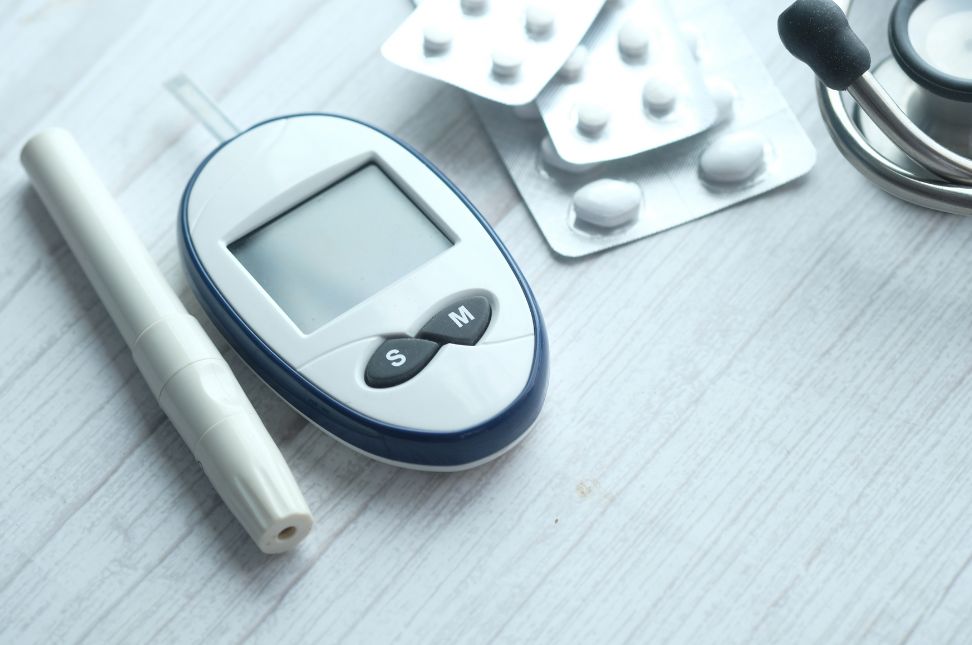Have you ever wondered why some people seem to gain weight more easily than others? While factors like diet and physical activity play a significant role in weight management, hormones also play a crucial part in the equation. Understanding the role of hormones in weight gain can shed light on why weight management can be challenging for some individuals. In this article, we’ll explore the key hormones involved in weight regulation.
1. Insulin
Insulin is a hormone produced by the pancreas that regulates blood sugar levels. When you eat carbohydrates, your body releases insulin to help transport glucose into cells for energy or storage. Insulin also plays a role in fat storage. If you consistently consume large amounts of refined carbohydrates and sugars, your body may become resistant to insulin, leading to higher insulin levels and increased fat storage.
2. Leptin
Leptin is often referred to as the “satiety hormone” because it signals to your brain that you’re full and should stop eating. However, in cases of leptin resistance, your brain doesn’t respond appropriately to leptin, leading to overeating and weight gain. Leptin levels are influenced by the amount of body fat; as fat cells grow, they release more leptin.
3. Ghrelin
Ghrelin, known as the “hunger hormone,” stimulates appetite. It’s released by the stomach when it’s empty and signals to your brain that it’s time to eat. People with higher ghrelin levels may experience stronger hunger sensations, making it more challenging to control their food intake.
4. Cortisol
Cortisol, often referred to as the “stress hormone,” is released by the adrenal glands in response to stress. Chronic stress can lead to elevated cortisol levels, which may increase appetite and cravings for high-calorie, comfort foods. This can contribute to weight gain, particularly around the abdominal area.
5. Thyroid Hormones
The thyroid hormones, thyroxine (T4) and triiodothyronine (T3), play a significant role in regulating metabolism. An underactive thyroid (hypothyroidism) can slow down metabolism, leading to weight gain, fatigue, and other symptoms. Conversely, an overactive thyroid (hyperthyroidism) can increase metabolism, causing unintended weight loss.
6. Estrogen and Testosterone
Sex hormones like estrogen and testosterone can influence body composition. Hormonal imbalances, such as polycystic ovary syndrome (PCOS) in women, can lead to weight gain. High estrogen levels can also contribute to fat storage, especially in the hips and thighs, while low estrogen levels during menopause may lead to abdominal weight gain.
7. Growth Hormone
Growth hormone is essential for tissue repair and growth, but it also plays a role in metabolism. A deficiency in growth hormone can lead to decreased muscle mass and increased fat mass, contributing to weight gain.
8. Serotonin
Serotonin, a neurotransmitter that regulates mood, also influences appetite and satiety. Low serotonin levels can lead to emotional eating and cravings for carbohydrates, potentially contributing to weight gain.
9. Neuropeptide Y (NPY)
NPY is a neurotransmitter that stimulates appetite, particularly for high-calorie, palatable foods. Elevated NPY levels may increase food intake and lead to weight gain, especially in response to stress.
10. Melatonin
Melatonin, the hormone that regulates sleep-wake cycles, can indirectly affect weight. Poor sleep patterns disrupt hormonal balance, increasing the risk of weight gain and obesity.
In conclusion, hormones play a complex and interconnected role in weight gain and weight management. While hormones can influence your body’s propensity to gain weight, lifestyle factors such as diet, exercise, stress management, and sleep also play a significant role. If you suspect hormonal imbalances are contributing to weight gain, consult with a healthcare professional for evaluation and guidance on addressing these issues to support your weight management goals.




